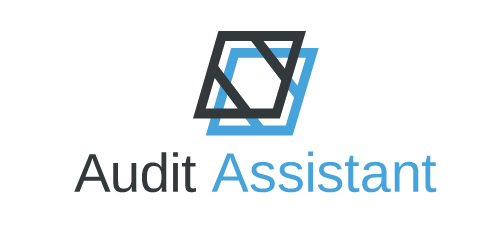Stakeholders are individuals or organisations that your organisation has mutually beneficial relationships with. By identifying and mapping their goals with your own, you can find common ground and leverage this to build stronger relationships that will benefit your organisation and theirs. Good stakeholder management is crucial to deliver the assurance that clients seek from their financial and audit service providers.
Achieving stakeholder goals requires careful planning, effective communication, and a proactive approach to addressing their needs and concerns. To support you to work well with your stakeholders, our founder Alex Houghton has put together a list of nine good steps you can take to create the best return on these relationships.
Identify your stakeholders:
Make a list of all the individuals or groups who have an interest in or can be impacted by your project, business, or initiative. This may include customers, employees, investors, community members, government agencies, and more.
Understand their goals:
Take the time to recognise the specific goals, expectations, and concerns that each stakeholder has over the financial or audit service. This may be done through surveys, interviews, meetings, or other forms of communication. Consider their short-term and long-term objectives, as well as any potential conflicts between different stakeholders.
Prioritise stakeholders:
Once you have identified your stakeholders and know more about their goals, prioritise them, based on their influence, importance, and level of impact on your project or organisation. This will help you allocate resources and efforts accordingly.
Communicate effectively:
Develop a robust communication strategy to keep stakeholders informed and engaged throughout any process that is mutually beneficial. Regularly update them on progress, setbacks, and any changes that may affect their goals. Use clear, concise, and transparent communication channels to build trust and maintain open lines of communication.
Collaborate and build stakeholder relationships:
Establish collaborative relationships with your stakeholders. Seek their input, involve them in decision-making processes, and consider their perspectives. Collaboration helps create a sense of ownership and increases the likelihood of achieving common goals.
Align goals and expectations:
Identify areas of alignment between stakeholder goals and your own organisational goals. Look for win-win situations where you can satisfy multiple stakeholders simultaneously. When conflicts arise, seek compromises or alternative solutions that address the concerns of all parties involved.
Monitor progress and adjust:
Regularly assess your progress in achieving stakeholder goals. Set up key performance indicators (KPIs) or metrics to measure success. Solicit feedback from stakeholders and be open to making adjustments or course corrections based on their input.
Resolve conflicts:
Inevitably, conflicts may arise among stakeholders or between stakeholders and your organisation. It is essential for stakeholder management to address these conflicts promptly and fairly. Use conflict resolution techniques such as negotiation, mediation, or arbitration to find mutually acceptable resolutions.
Continuously engage stakeholders:
Keep stakeholders engaged in what is happening in your organisation, even after specific goals have been achieved. Maintain an ongoing relationship and seek their feedback on an ongoing basis. This will help you anticipate future needs and ensure that you remain aligned with their evolving goals.
Remember that stakeholder goals may evolve over time, so it is crucial to remain adaptable and responsive in your stakeholder management. By actively involving stakeholders, communicating effectively, and prioritising their needs, you can increase the chances of achieving their goals while also driving success for your organisation or project.
If you would like to learn how to work more effectively with your stakeholders to deliver better financial and audit service outcomes, contact BVO Audit today.




